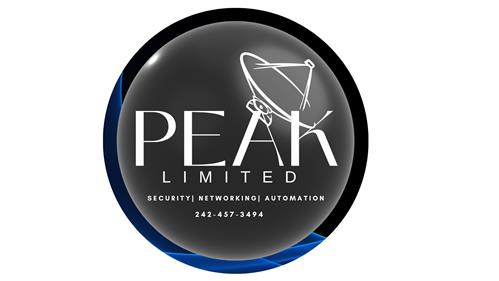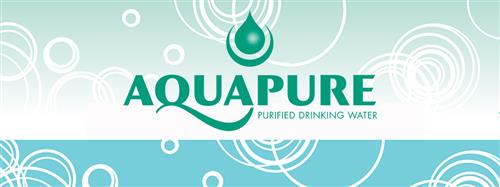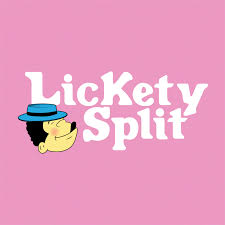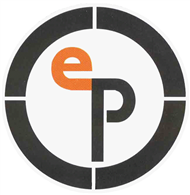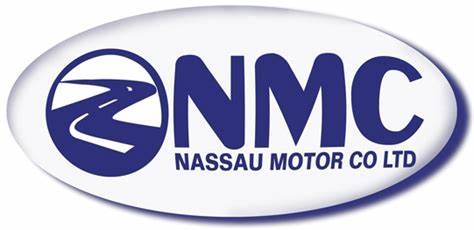Project Read Recognition
Past RI President, Richard King, keynote speaker at a recent Project Read Awards banquet honoring several East Nassau Rotarians.
(left to right: Arthurlue Rahming, Administrator Project Read, Richard King, Rotary International president 2001-2002 and his wife, Cherie)
PROJECT READ: Building A Better Community
Theresa Moxey-Ingraham
As a rule, the Rotary Clubs around the world need little introduction, expect little by way of recognition, yet manage to do so much in the way of bettering the lives of so many people.
We know who the Rotarians are. Those active and successful professionals, community leaders and business men and (more recently, women) who band together in a civic club to offer themselves in service towards improving the community and eventually, the entire world.
We know what the Rotarians do. These men and women are a part of a larger body of approximately 1.2 million club members world-wide who, over the history of the organization have been involved in campaigns such as the one to eradicate polio from the face of the earth, or to bring clean water supply to impoverished villages from Latin America to the African sub-continent and many other such projects.
They build schools, support libraries and erect hostages and shelters for displaced children. They mount massive immunization drives to save little children from other diseases like measles and such. In short, Rotarians work to bring a greater degree of dignity and humanity to needy people the world over.
A cursory glance through any Rotarian magazine will give you an idea of the vast scope and lofty objectives of Rotary International. You read about Rotarians encouraging village level self-help enterprises; view photos of Rotarians at the commissioning of improved water supply projects; peruse articles about the provision of wheelchairs for children, books for schools, heart surgery for still other kids, the list goes on and on.
Rotary clubs in The Bahamas too are playing their role in providing community service for the disadvantaged among us. In 1991,
Project Read was born out of
Project Read is a Rotary-funded programme with the objective of teaching adults to read. It is based on the Laubach instructional method and was designed in 1930 by a missionary, Frank C. Laubach. The method has been refined over the years, and today, adult literacy programmes using the method can be found throughout the
In The Bahamas, Project Read functions with a modest budget augmented by assistance from many quarters including Queen's College which provides office accommodations.
A team of well-trained, dedicated and discreet volunteers actually deliver reading lessons to adult students who are either referred to the programme or who hear about it and simply walk in the door.
Naturally, such a noble effort requires far more funding than is usually available, and so in an effort to heighten awareness and to raise funds, the
The volunteer tutors from Project Read were being honoured for their years of unselfish service to the programme, and what a treat to see young and not so young individuals from the teaching profession, real estate, hospitality, religion and across many fields rise to receive accolades and tokens from grateful students and club members alike.
Some of the students from the programme were also on hand to pay tribute to their tutors, read in public for the first time or even to thank spouses and children for encouraging them to take a positive step forward for literacy. "My husband and children gave me the courage to attend, and kept me feeling that it was worth it in the end," said one mother.
"Project Read made me confident and gave me my education back," another student read from a prepared text.
"I am an inmate who couldn't read or write and Project Read's programme at the Prison helped me to change my life," a prison inmate student offered.
Serving as MC for last Saturday's event gave me ample time to reflect on the role reading has always played in my own life. Many of us just take our literacy for granted. Indeed, I don't remember a time when I couldn't read and so it is easy to assume that this precious ability, this sacred right is available to all people. You can become blissfully unaware that for some individuals, the ability to read is a distant dream to be pursued or its inability a shameful fact to be hidden.
You read a bus schedule, scan a restaurant menu, look over some instructions or check out warnings on medicine bottles without truly realizing that for many people, their inability to do these simple things makes them severely dependent in a world growing ever more independent. In extreme cases, it may even put their lives and limbs at risk. You fill out an application form, apply for a travel visa, pick u pa newspaper or even scroll down a grocery list, forgetting that for thousands within our midst, a shopping list is an exercise in frustration and an application form can be viewed as a deliberate attempt to humiliate them.
Sitting there and listening to the personal accounts of journeys towards literacy and independence, I recalled a poignant moment from my own life.
My grandmother left
The 1960's and 1979's caught up with Mamma however, and she witnessed an increasing number of new and unfamiliar packages take their place on grocery and kitchen shelves. Nutmeg was just such a product and well I remember the day when Mamma called out to me from the kitchen that there was no nutmeg in the house. She grew increasingly frustrated with me as I assured her that I had indeed bought nutmeg and it was right there on the kitchen shelf.
I finally stirred myself enough to go to the kitchen to see what the problem was, and as my hand landed on the little pre-grated package of nutmeg, a lightening bolt of realization struck me. My grandmother could not read and so she didn't know what was in any unfamiliar store-bought package! Scary isn't it? Terrifying if you're talking about reading medical instructions or handling flammable or poisonous substances. Even more terrifying if you're involving reading airline schedules and directional signs.
Let's thank God for organizations like the Rotary Club of East Nassau. Their Project Read brings hope and light and independence to persons who might have otherwise been eternally confined to darkness and dependence.
A mother can read a child's report card for the first time; a father can navigate his way through the many kinds of solvent in the hardware store, another lady can write and read her own prepared speech; an inmate can read a magazine and appreciate more than just the photos.
That's powerful stuff and I commend the Rotary club for its campaign against illiteracy and ignorance.
Download the website sponsorship guide

